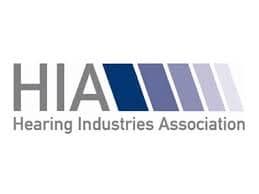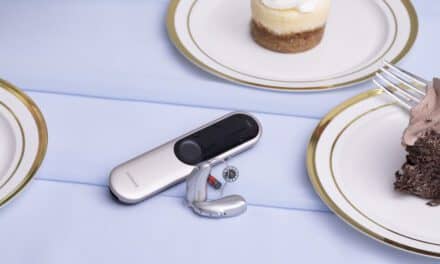
According to HIA, the Association supports efforts to increase the accessibility and affordability of hearing aids and appreciates the efforts of the National Academies of Sciences, Engineering and Medicine (NAS) to address the many factors involved in increasing the hearing aid adoption rate in the United States. After considering input from a wide variety of sources, HIA has issued recommendations regarding the possible creation of an OTC hearing device category by FDA. HIA contends that such devices should be of high quality and offered only to people with mild hearing loss, for whom the benefits of amplification clearly outweigh the risks created by inaccurate self-diagnosis and self-directed treatment.
To increase the likelihood that OTC hearing devices would be safe and effective for people with hearing loss, HIA says that FDA should require that all OTC hearing devices meet the same safety and efficacy standards that FDA requires of air-conduction hearing aids fitted by hearing health professionals. In its recommendation, it states that 510(k) requirements should apply to the initial hearing aid submission which is particularly important since consumers will have no professional guidance to determine the cause or degree of hearing loss or how to effectively use and adjust the device. As with regular hearing aids, HIA says subsequent OTC hearing aids should be 510(k) exempt to speed innovation, unless significant changes were made that would necessitate further FDA review.
It also recommends that FDA review and finalize its November 2013 draft PSAP Guidance document to make clear that unregulated Personal Sound Amplification Products (PSAPs) cannot be marketed to address hearing loss. People with mild hearing loss who seek a self-directed solution should instead be encouraged to purchase an OTC hearing device once approved by FDA rather than an unregulated PSAP or other consumer product.
HIA cites concerns about existing OTC hearing aid markets in Japan and South Korea that feature low consumer satisfaction and hearing aid adoption rates. However, it also stated, “The marketing of devices that are specifically cleared by FDA for the OTC market and sold only to people with mild hearing loss would minimize the potential for a similar market failure in the US. If the quality of OTC hearing devices is ensured and the products are marketed only to people with mild hearing loss, this may lead to consumers subsequently obtaining a hearing aid if their hearing loss progresses.”
However, HIA warned that “if the quality of OTC hearing products is not ensured, consumers may delay or abandon their effort to address hearing loss, putting them at increased risk of multiple serious medical conditions.”
Source: HIA





